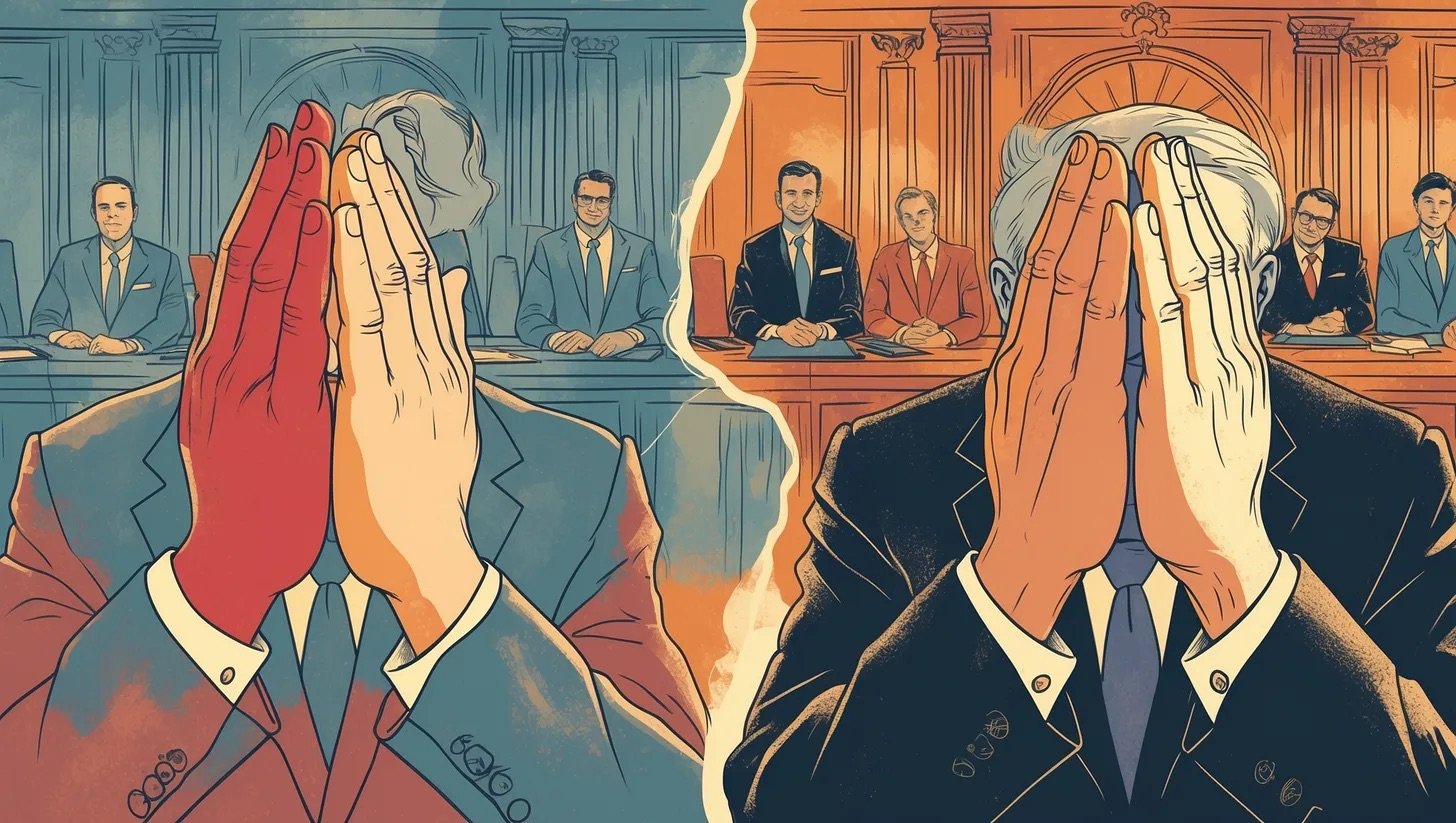The Rooster In Flight - A Substack Article
Hands Clasped in Boardrooms and Battlefields
Prayers Double-Edged Sword Through Corridors of Power
By: Wynand Johannes de Kock
February 27, 2025
Let me tell you a story. It's about hands clasped in boardrooms and battlefields—how the same folded fingers that might cradle hope can also pull triggers. I grew up in South Africa in the sixties, where public prayer was as normal as breathing. It was in Afrikaner schools, parliament halls, and even on military parade grounds where young men prepared to enforce apartheid's cruel logic there was prayer. We prayed earnestly, feverishly, as if our petitions could sanctify the unsanctifiable. Yet, therein lies the danger: when prayer becomes the incense burned before golden calves of power, even the holiest words risk becoming tools of blasphemy.
Prayer and Politics
I think of two men who understood prayer as subversion. Martin Luther King Jr., pacing a Montgomery kitchen at midnight, trembling until an "inner voice" promised never to leave him alone, is the moment where prayer became the spark for bus boycotts and Birmingham jail hymns.(King, 1963) Or Desmond Tutu, giggling through tears at a Cape Town pulpit, praying apartheid's walls would crumble while security police scribbled notes in the pews.(Tutu, 1999) Their prayers were not mere sanctimonious performances, but bold and courageous acts that confronted and resisted oppressive power.
Yet, in stark contrast, Reformed ministers from one of the three Reformed denominations invoked God's blessing over laws that tore families apart. Cabinet meetings where "Amen" echoed after plans to bulldoze Sophiatown, cleared District Six, or sanctioned torture at Vlakplaas. When religious symbols marry state power, the wedding too often births monsters. As Ted Peters warns, blasphemy isn't just cursing God's name—it's draping the divine over our worst impulses until oppression looks ordained.(de Kock, 2024)
From Franklin's Plea for Unity
The American founders knew this tension. When Benjamin Franklin broke the Constitutional Convention's deadlock in 1787 by suggesting daily prayer, it wasn't piety but pragmatism: a desperate grasp for unity.(Kidd, 2017) George Washington and Thomas Jefferson navigated a delicate balance in their inaugural invocations and church services held in the Capitol.(The First Inauguration, 2015)They sought to honour the moral compass of faith, while cautiously avoiding the pitfalls of state-sponsored religion.It was a delicate balance, as they sought to honour the moral compass of faith while cautiously avoiding the pitfalls of …
Interested in completing the article? Follow Wynand on Substack